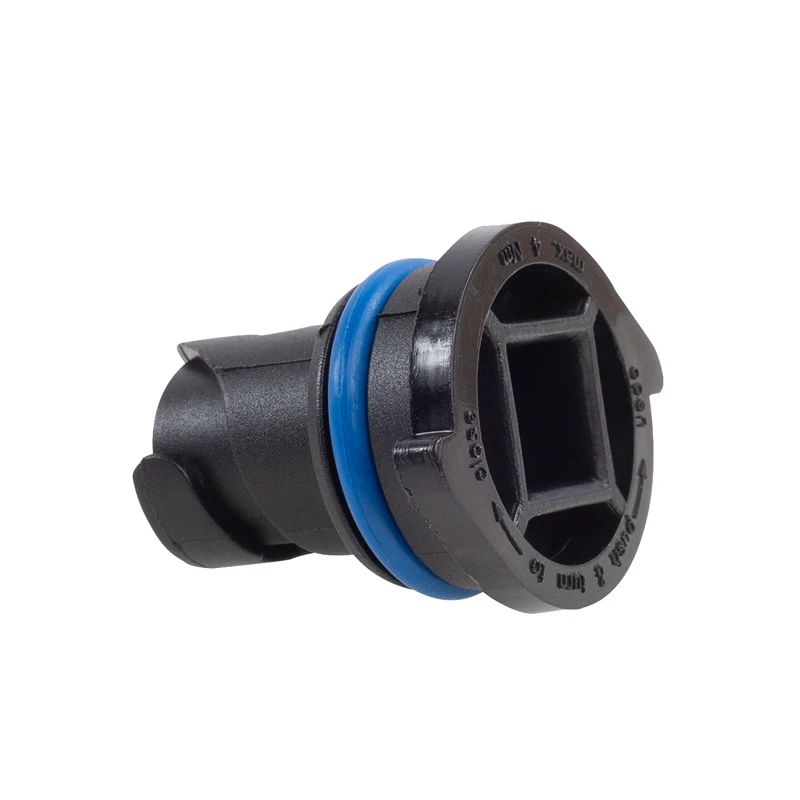Understanding Oil Seal Rings for Enhanced Performance and Durability in Machinery
The Importance of Oil Seal Rings in Engineering Applications
In various engineering applications, oil seal rings play a crucial role in ensuring machinery operates efficiently and effectively. These components, often made from rubber or other elastomeric materials, are designed to prevent the leakage of fluids, particularly oils and greases, while simultaneously keeping contaminants out. The importance of oil seal rings cannot be overstated, as they contribute significantly to the longevity and reliability of machinery across numerous industries.
Oil seal rings are commonly used in automotive, aerospace, marine, and industrial applications. In vehicles, for instance, seals are essential for maintaining the integrity of engine components. They prevent the escape of lubricating oil from the engine, which is vital for reducing friction and wear between moving parts. An oil seal that fails can lead to significant oil loss, diminished engine performance, and ultimately catastrophic engine failure.
One of the primary functions of an oil seal ring is to create a barrier between two environments
. Typically, these seals are installed where rotating shafts meet stationary components. The design of the seal allows it to maintain tight contact against the surface of the shaft, while also accommodating slight movements and vibrations that occur during operation. Different designs of seals are available, including lip seals, which have a flexible lip that presses against the shaft, providing a tight seal without obstructing movement.oil seal ring

Material selection for oil seal rings is critical since they are exposed to varying temperatures, pressures, and chemical environments. Common materials include nitrile rubber (NBR), fluorocarbon (FKM), and silicone. Each material has its strengths and weaknesses; for example, NBR is efficient for standard temperature ranges and offers excellent resistance to oils, while FKM withstands a wider temperature range and better resists fuel and solvents. The choice of material directly impacts the seal's performance and longevity, making it vital to analyze the operating conditions before selecting a seal.
Regular maintenance and timely replacement of oil seal rings are essential to prevent costly repairs and downtime. Signs of a failing seal can include visible oil leaks, noises coming from machinery, and decreased efficiency in operations. Using high-quality seals and ensuring they are properly installed can mitigate many of these issues, enhancing the overall operational reliability of machinery.
In conclusion, oil seal rings are vital components in many engineering applications, serving to protect machinery from oil leaks and contamination. Their role in maintaining the functionality and longevity of equipment highlights the importance of proper material selection and regular maintenance. As technology advances, the design and materials used for oil seal rings continue to improve, resulting in better performance and extended lifespans. Understanding the significance of these small yet essential components is crucial for anyone involved in the design, maintenance, or operation of machinery.
-
Understanding the Front Main Engine Seal: Purpose, Maintenance, and Installation
News Jul.29,2025
-
Understanding O-Rings and Seal Rings: Types, Applications, and Custom Solutions
News Jul.29,2025
-
Understanding Crankshaft Oil Seals: Rear Seals, Pulley Seals, and Their Role in Engine Integrity
News Jul.29,2025
-
The Importance of Front and Rear Crankshaft Seals in Engine Performance and Oil Management
News Jul.29,2025
-
Crank Oil Seals: Functions, Types, and Cost Considerations in Engine Maintenance
News Jul.29,2025
-
A Comprehensive Guide to O-Rings and Seals: Types, Materials, and Global Applications
News Jul.29,2025
-
Mastering Diesel and Performance Engine Maintenance: A Guide to Critical Oil Gaskets
News Jul.28,2025
Products categories















